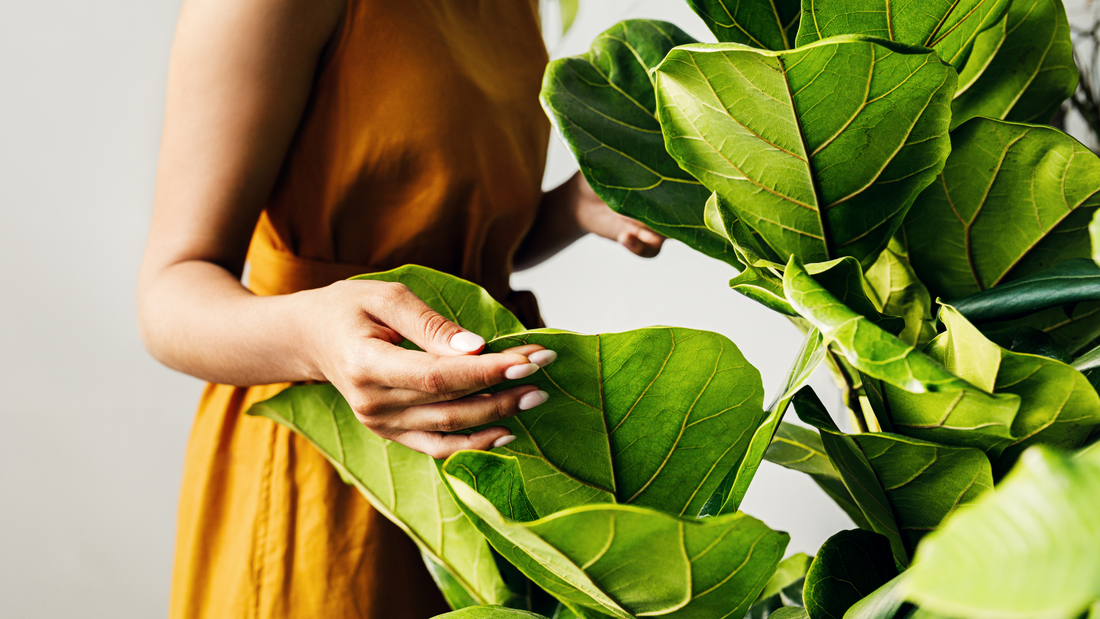Today, we're diving into the importance of fertilizing your indoor plants! This is the secret to nurturing vibrant, healthy foliage. Let's embark on a journey to unlock the green power within your indoor jungle.
Why Fertilize Indoor Plants?
Indoor plants, just like their outdoor plants, rely on nutrients to thrive and flourish. While potting soil provides some essential nutrients, it's often not enough to sustain long-term growth. Fertilizing your indoor plants helps replenish these nutrients, ensuring they have the fuel they need to produce lush foliage, vibrant blooms, and strong root systems.

Benefits of Fertilization:
-
Promotes Growth: Fertilizers provide essential nutrients such as nitrogen, phosphorus, and potassium, which are vital for plant growth and development. Regular fertilizing encourages healthy leaf expansion, root growth, and overall plant health.
-
Enhances Blooms: For flowering plants, fertilization is crucial for promoting abundant blooms. Phosphorus, in particular, plays a key role in flower formation and can help stimulate flowering in plants that are struggling to bloom.
-
Strengthens Resistance: Well-fed plants are better equipped to fend off pests and diseases. By providing a balanced diet of nutrients, fertilization strengthens plant immunity, making them more resilient to environmental stressors.
-
Boosts Nutrient Absorption: Fertilizers not only supply nutrients directly to plants but also improve soil fertility. This enhances nutrient uptake by the roots, ensuring that plants can efficiently absorb and utilize essential minerals from the soil.

When and How to Fertilize:
-
As a general rule, fertilize indoor plants when they are actively growing, typically from spring to early fall. During the dormant winter months, reduce or suspend fertilization to allow plants to rest if you notice that their growth slows down. If they still keep pushing out new growth, you can continue to fertilize regularly.
-
Most indoor plants benefit from monthly fertilization. However, always check the specific needs of your plant species, and the instructions on your fertilizer.
-
Select a balanced, fertilizer formulated specifically for indoor plants. Avoid over-fertilizing, as this can lead to nutrient imbalances and damage to the plant.
-
After applying fertilizer, thoroughly water the plant to help distribute the nutrients evenly throughout the soil and prevent salt buildup.
Fertilizing your indoor plants is a fundamental aspect of plant care that should not be overlooked. By providing the essential nutrients, fertilization promotes robust growth, vibrant blooms, and overall plant health. So, seize the opportunity to unlock the growing power within your indoor jungle and watch your plants thrive like never before!
Maria's favourite fertilizer is BIOS Nutrients, because it is all natural. So fae for you plants, animals, and little ones. Plus being natural, it will never burn your plants!
Remember, each plant has its own unique nutritional needs, so be sure to research and tailor your fertilization routine accordingly.
Happy Plant Lovers!

